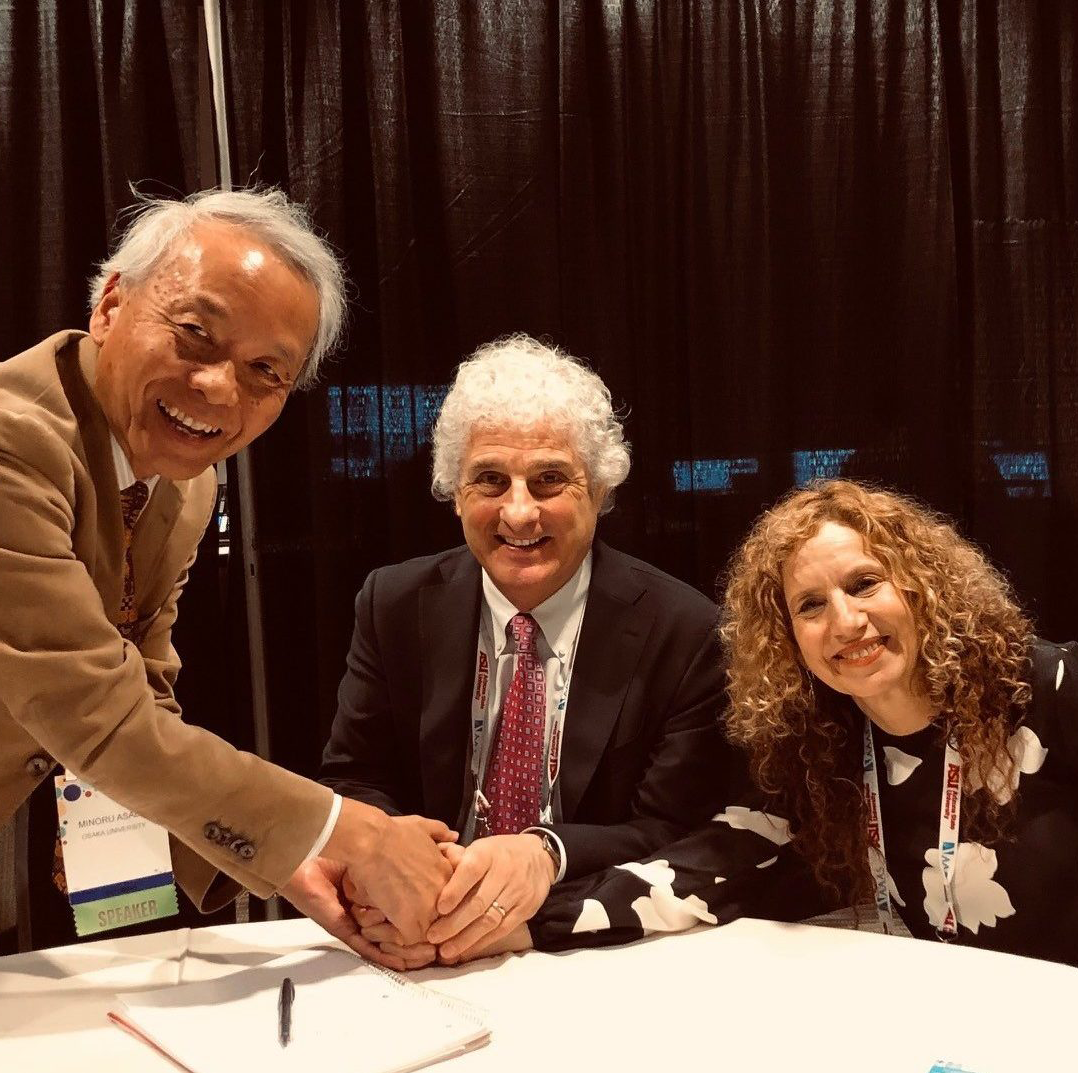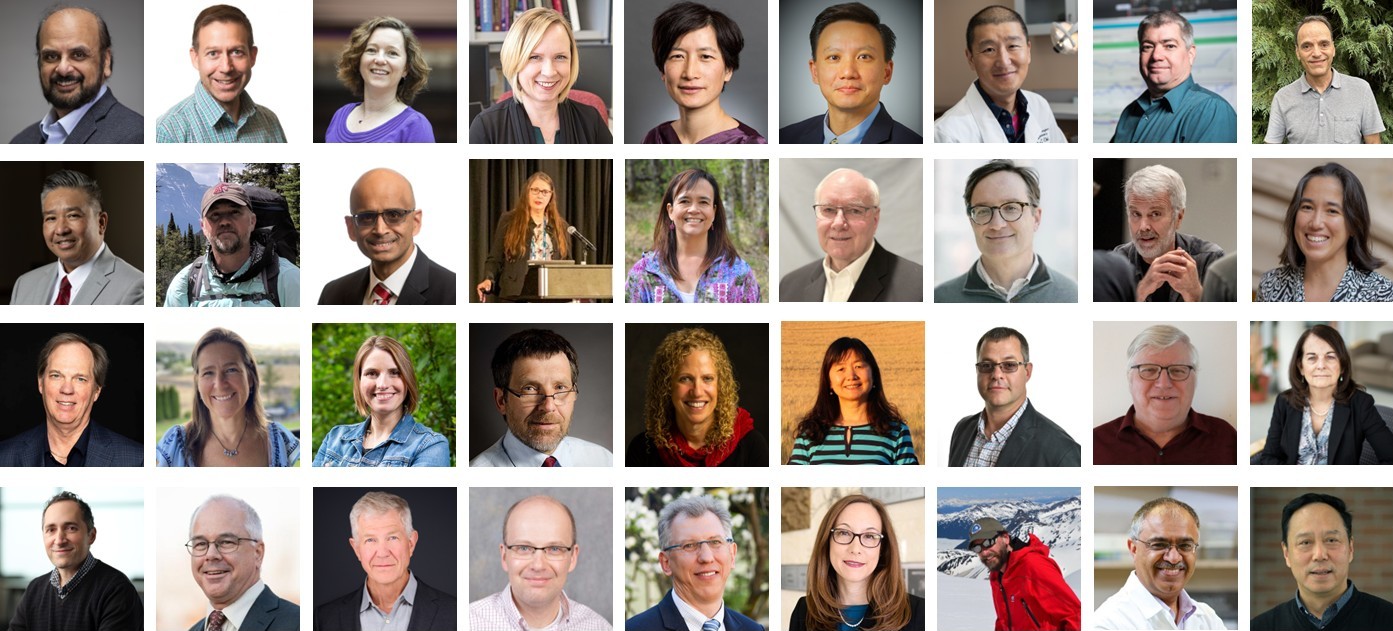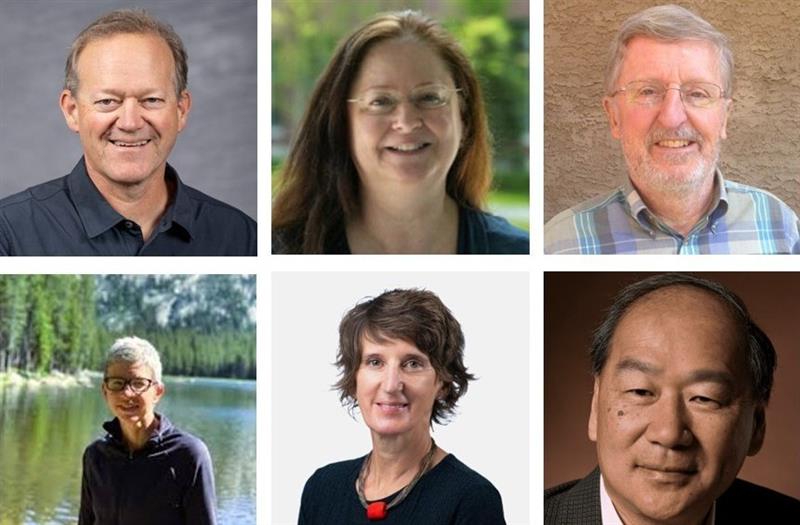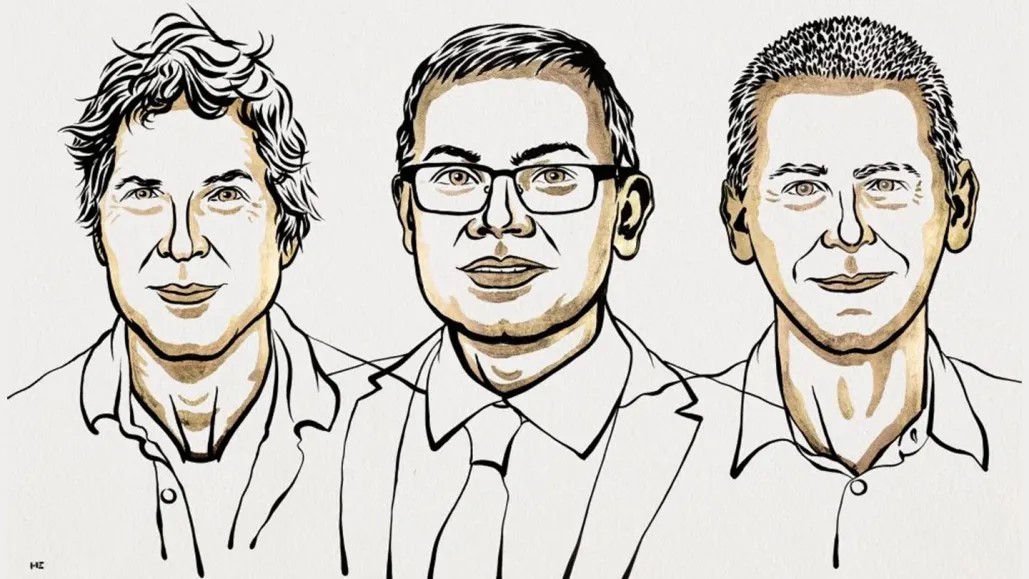Washington is among the few states in the nation served by an independent academy through which leading scientists volunteer in service to the state. Members are elected to the Academy in recognition of their outstanding record of scientific and technical achievement, and their willingness to work on behalf of the Academy to bring the best available science to bear on issues within the state of Washington.
Our 400+ members are nationally recognized for their scientific and technical expertise across physical sciences and mathematics, engineering and technology, biology, agriculture, health, and human behavior. Members hail from academia, industry, and government research laboratories across the state.
Members are elected directly to the Academy by current WSAS members or are members of the National Academies of Sciences, Engineering and Medicine who reside in WA State. Learn more about the nomination process.
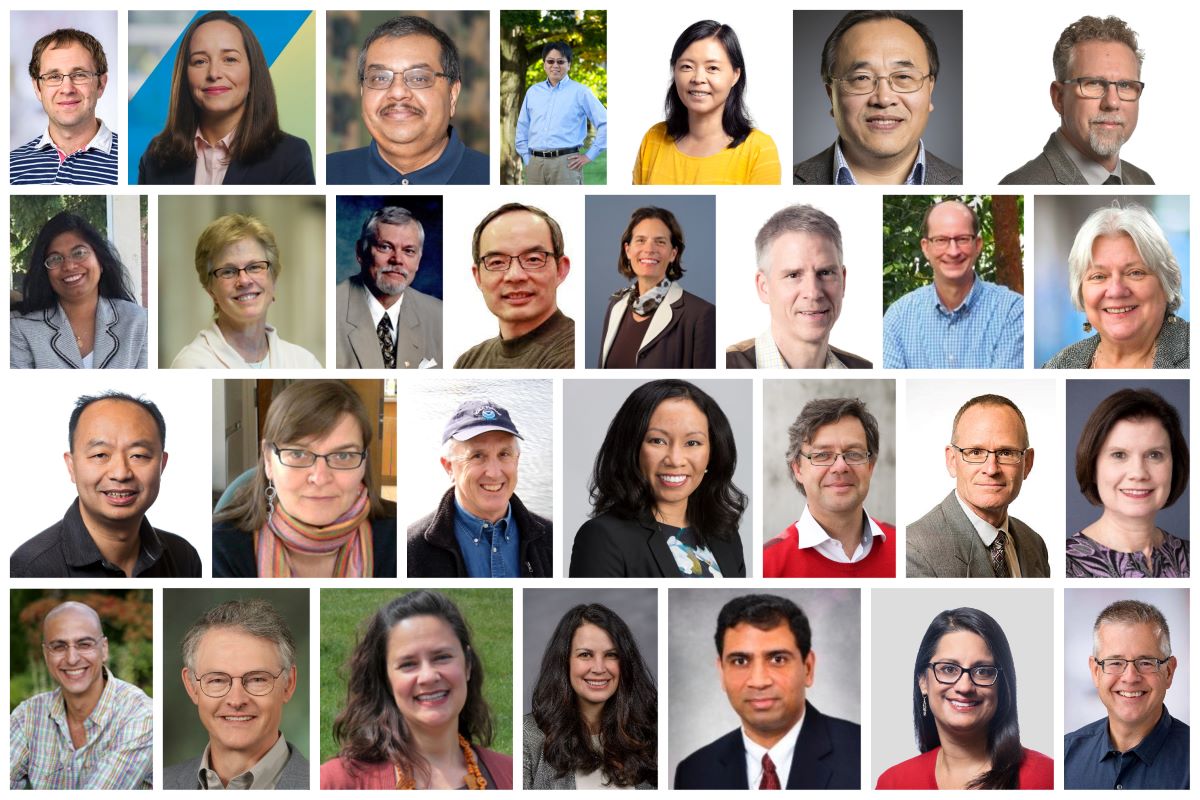
WSAS Disciplinary Sections
Section 1. Physical and Mathematical Sciences
All fundamental physical and mathematical sciences: astronomy, astrophysics and cosmology; atmospheric and ocean science; chemistry; geoscience; materials science; pure and applied mathematics; physics; and statistics.
Section 2. Engineering and Technology
All branches of engineering and technology: advanced manufacturing; aerospace; biological engineering and technology; chemical; civil and environmental; computer information and science; electrical; energy; industrial and systems engineering; materials; mechanical; nanotechnology; and nuclear.
Section 3. Biological Sciences
Basic and applied biological sciences from molecular to populations to ecosystems perspectives: agriculture; animal; aquatic and marine sciences; biochemistry; ecology; environmental sciences; evolutionary biology; genomics; microbial; plant; and soil.
Section 4. Health Sciences
The full spectrum of health care, including: basic and clinical biomedical research; dentistry; health services and economics; healthcare education; medicine; mental health; nursing; nutritional sciences; pharmacy and pharmaceutical sciences; public health; and veterinary medicine.
Section 5. Social and Behavioral Sciences
Basic and applied scientific studies in: anthropology; criminal justice; demography; economics; education; management science; political science; psychological and cognitive science; social work; and sociology.
Member News
July 17, 2025
New members were elected in recognition of their scientific achievement and willingness to work on behalf of the Academy for the benefit of Washington state.
July 17, 2025
WSAS members elected Doug Call as President-elect; Ljiljana Paša-Tolić as Secretary; Rita Fuchs and David Takeuchi as new board members; and Michael Goodchild and Julie Kmec as returning board members.
October 9, 2024
Washington State Academy of Sciences member David Baker has been awarded one half of the 2024 Nobel Prize in Chemistry “for computational protein design.”
